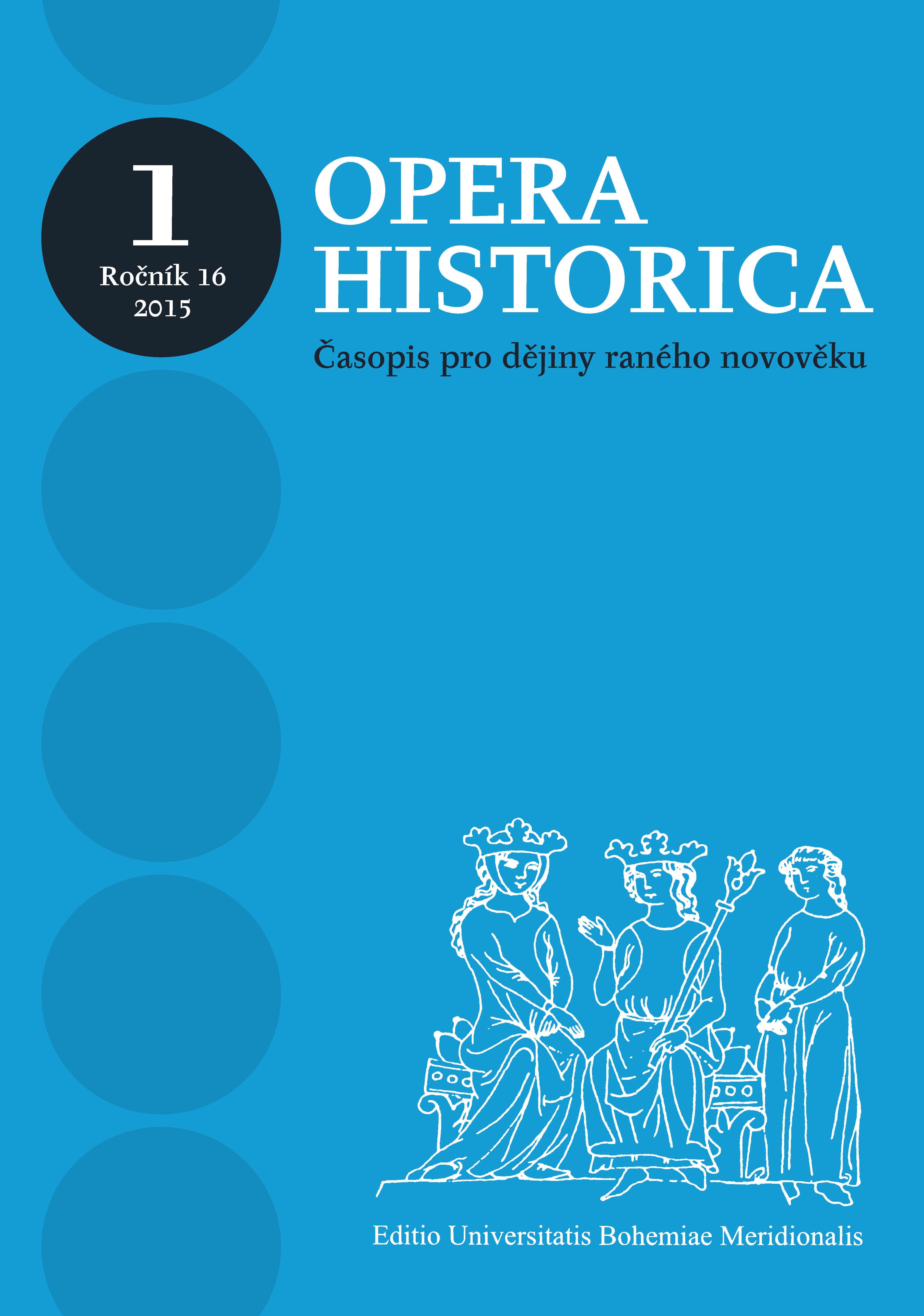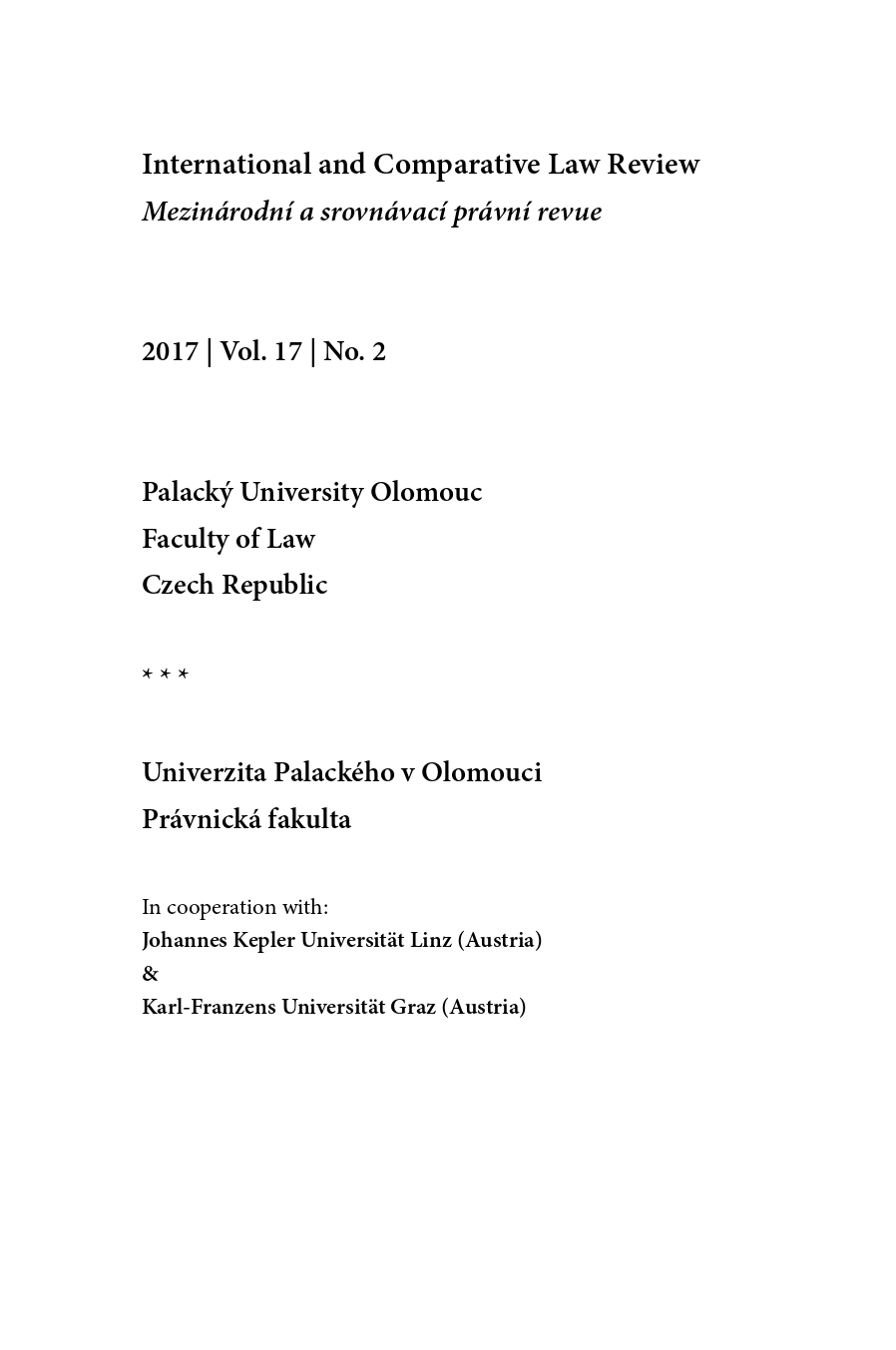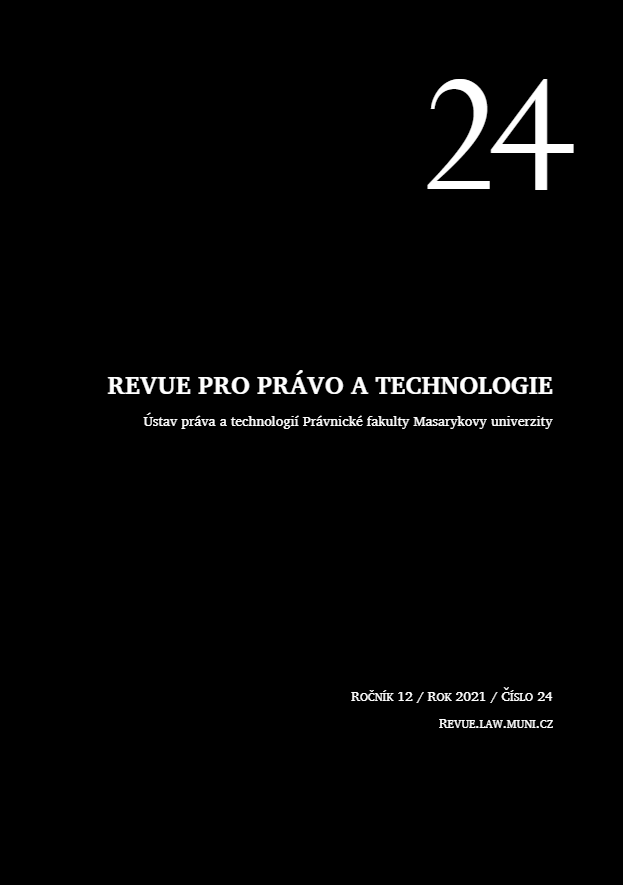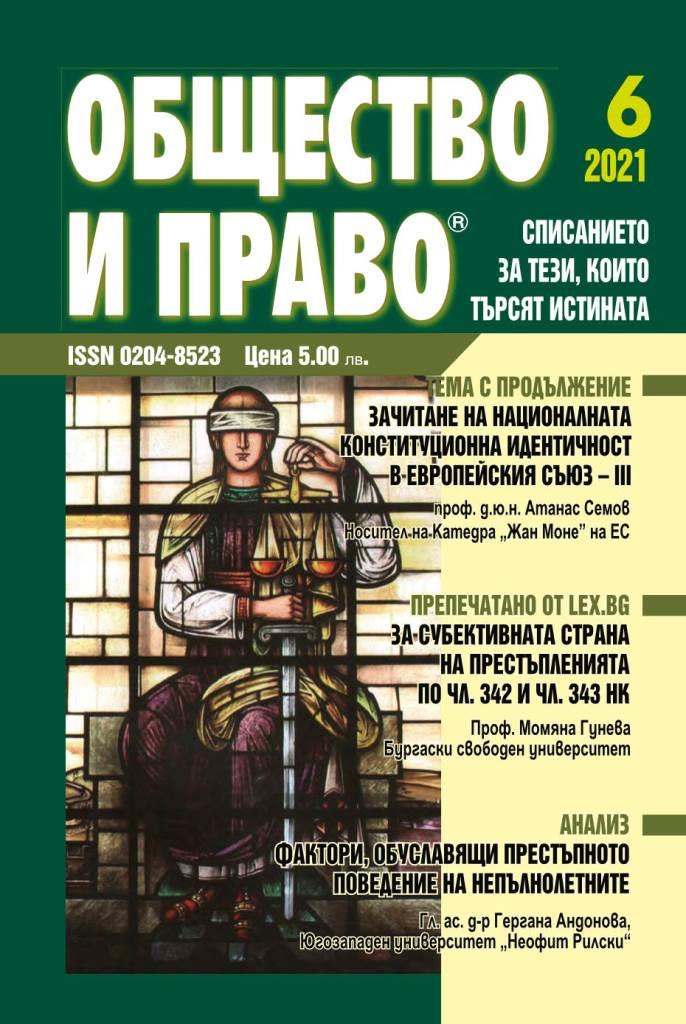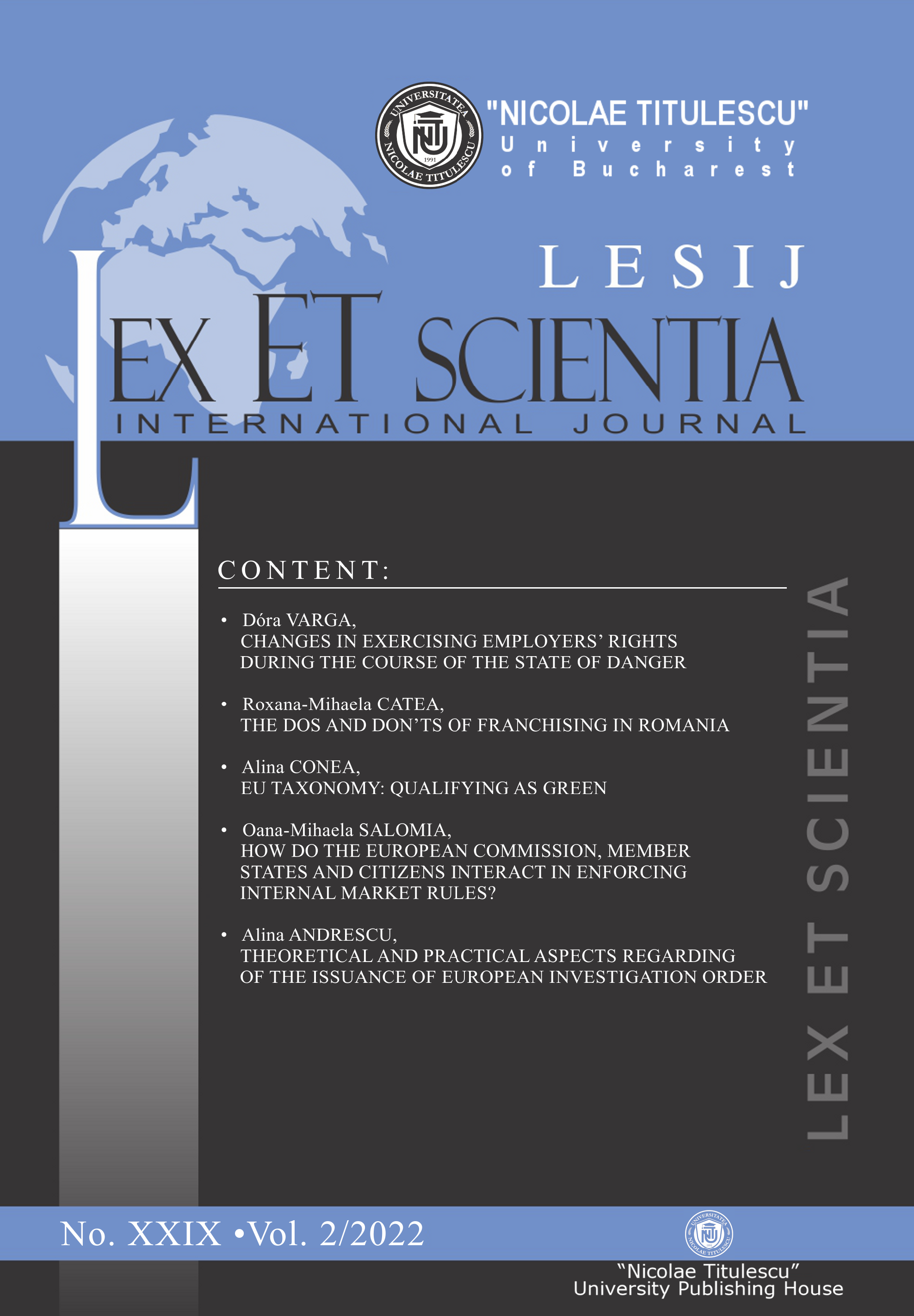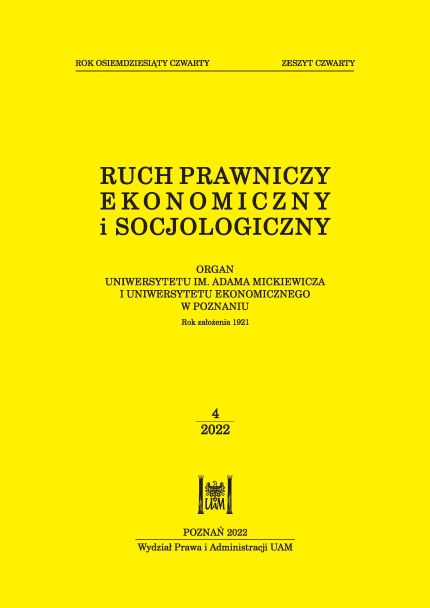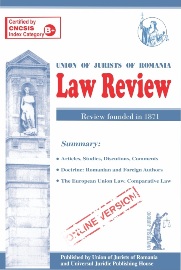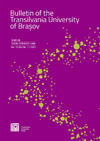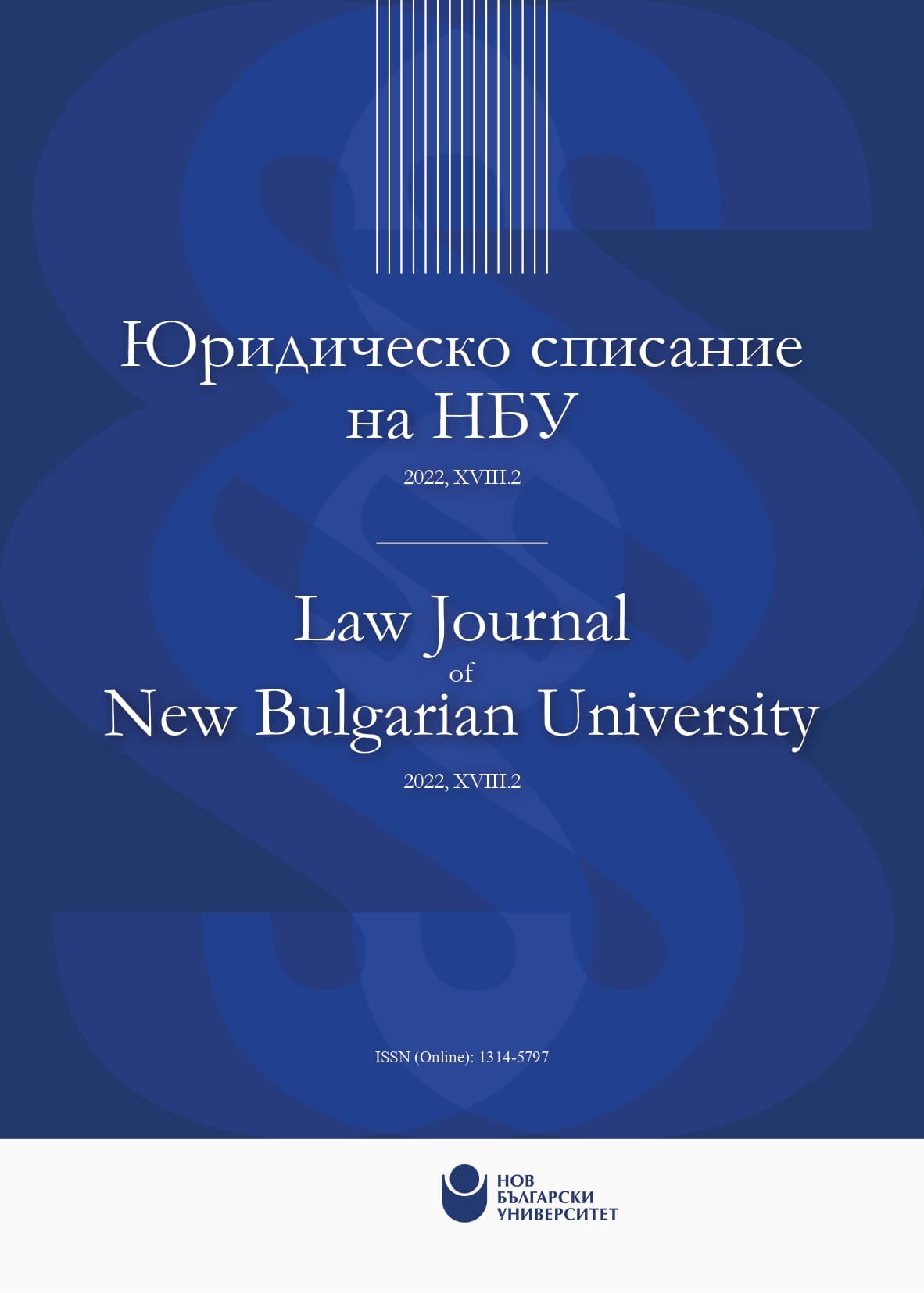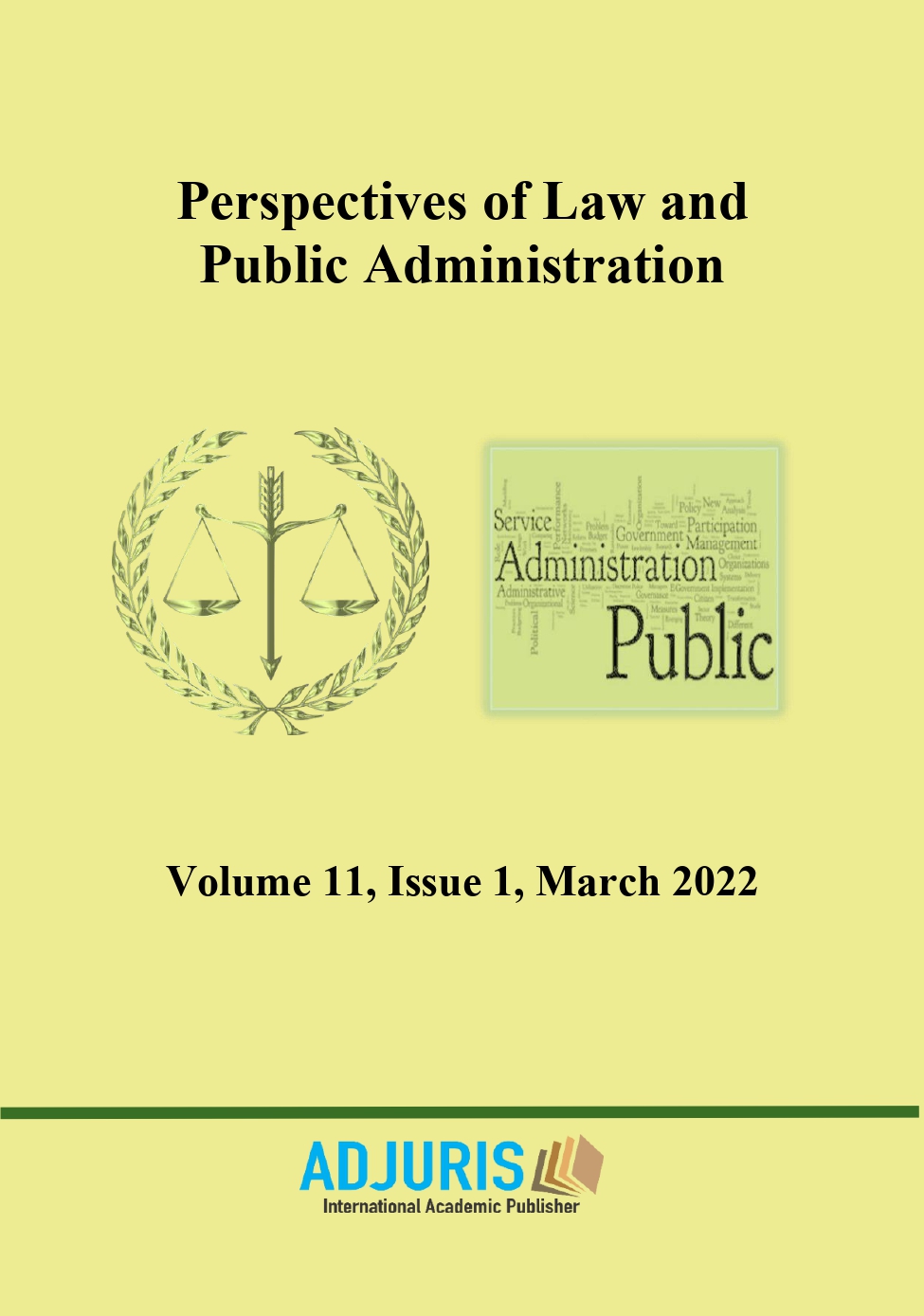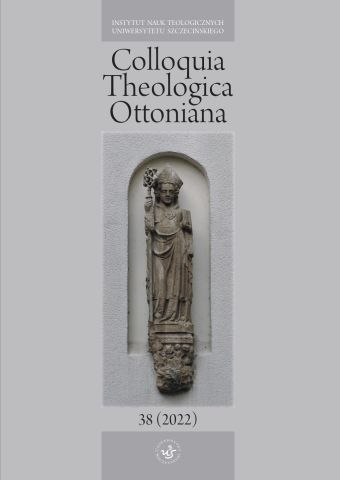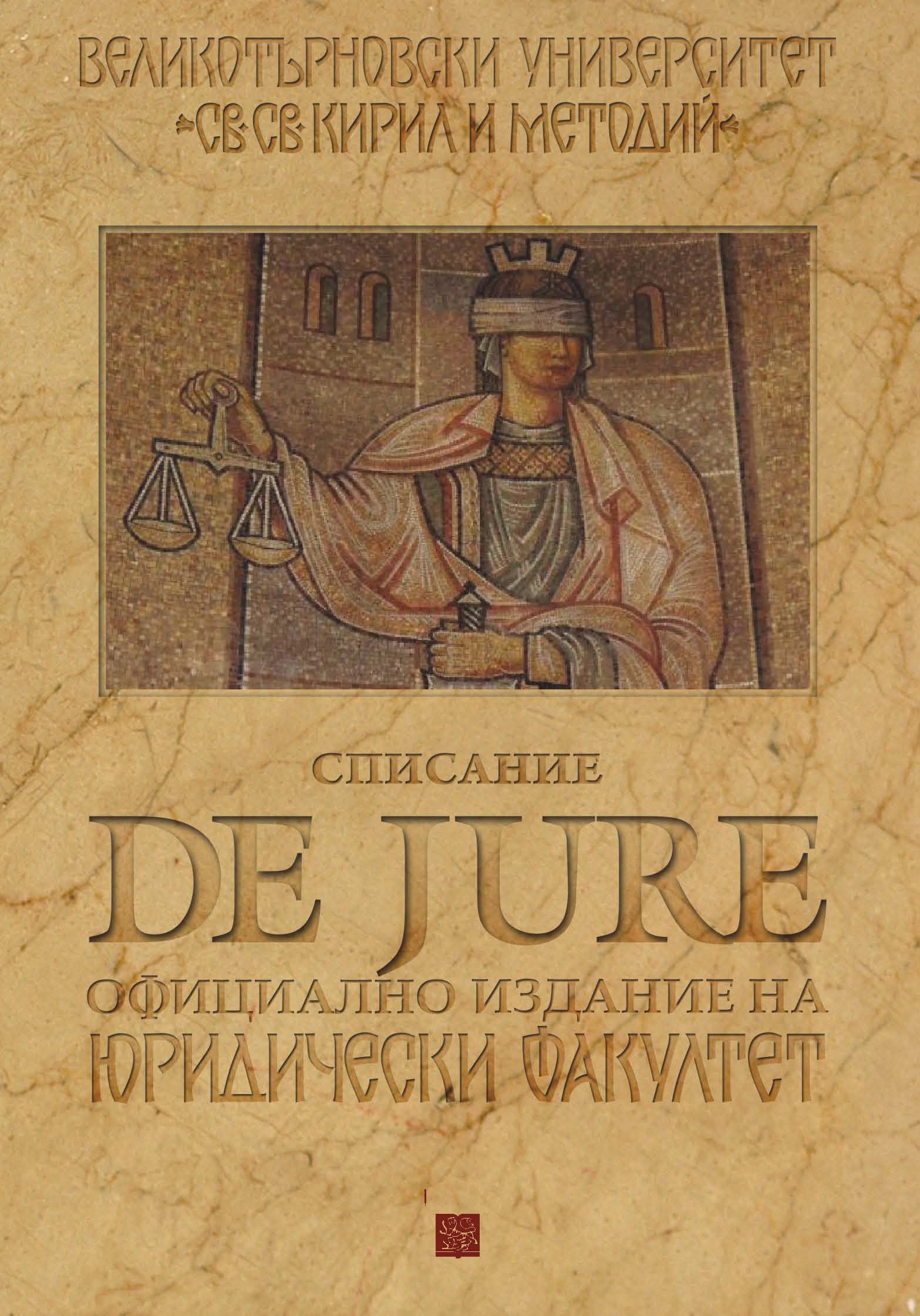
Относно данъка добавена стойност като допустим разход в Република България при изпълнение на договори за безвъзмездна финансова помощ за проекти по оперативните програми на Република България, съфинансирани от сткруктурните фондове и Кохезионния фонд
In the first place this article examines the institutional and legal framework for defining the expenses under the Operational programs of the Republic of Bulgaria as eligible, after which the author concentrates on the question whether the VAT is an eligible or ineligible expenditure under the contracts for grants for implementation of projects under the Operational programs. The prerequisites, which should be available for the VAT to be accepted as recoverable under the Decree № 26/2007 of the Council of Ministers, are indicated. The question for the legal regime of the irrecoverable VAT (respectively eligible expenditure for funding under the Operational programs) is examined as well. In conclusion, the author proposes in the process of preparing the new general and specialized regulations, which provide the legal basis of the various funds for financing, not only the already accumulated experience and practice to be taken into consideration but also the rules, which need a more detailed and clearer regulation and concern the VAT as an eligible or ineligible expenditure for financing by the Operational programs, to be improved.
More...

